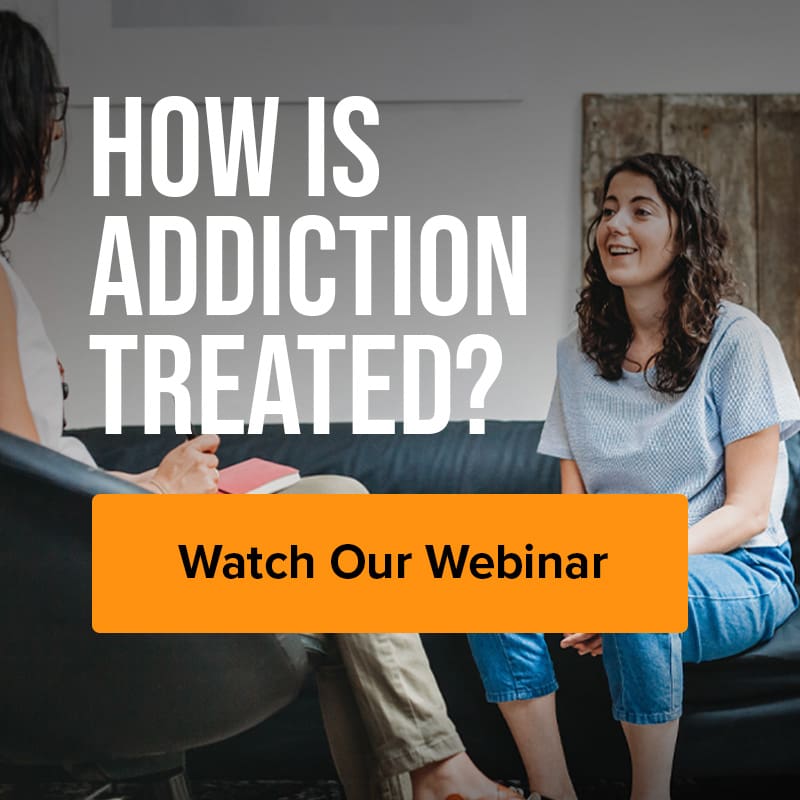Content warning: This story discusses sexual abuse, sexual violence, incest, trauma, self-harm, and substance use disorders.
There’s a saying within addictions recovery that we never ask what’s wrong with someone. We ask what happened to them. That’s because trauma, and more often sexual trauma, is at the root of many people’s addictions.
That trauma can come from a whole range of sexual abuse, including rape, incest, sexual assault, sexual harassment, intimate partner sexual violence, molestation, harmful use of digital technology, exploitation, and much more.
From PTSD to a Substance Use Disorder
Whatever form it takes, sexual abuse is a traumatic experience that can create painful memories that can last decades if not a lifetime. When those traumatic memories are left unmanaged, Post Traumatic Stress Disorder (PTSD) can set in. And that’s when abuse survivors are most likely to turn to drugs or alcohol as a way of coping.
Women are particularly vulnerable to developing PTSD after experiencing sexual abuse: approximately 50% of female sexual abuse survivors will develop PTSD.
The symptoms of PTSD can make life seem unbearable.
- Sufferers often have trouble sleeping, and have nightmares or night terrors,
- Feel constantly on edge, experience anger and explosive outbursts,
- Have feelings of blame, guilt, and shame
- Are barraged by frequent flashbacks
- Feel isolated, alone and start to take on a distorted view of the world
PTSD can create the conditions for an addiction to take root. Living in such a constant, elevated state of stress like this can feel like torture.
Understandably, those afflicted with PTSD are simply looking for an escape or a way to numb the pain.
The Statistical Reality of Living With PTSD
While awareness of PTSD has improved in recent years, few realize the devastation it can have on someone’s life. Three out of every four women starting addiction treatment report having experienced some sort of sexual abuse. And sexual abuse victims are 13 times more likely to develop alcoholism and 26 times more likely to develop other substance use disorders.
Even though most people understand the problems their addictions are causing, it’s a matter of emotional math: the pain caused by excessive substance use is often less than the pain caused by PTSD.
Treating More Than an Addiction
While that math may appear to add up early on, the problems only compound until they become life-threatening. At that point, seeking treatment is critical. However, if the underlying PTSD symptoms aren’t treated, keeping that addiction at bay can feel insurmountable.
Effective addiction treatments treat the person AND the disease. It’s about understanding and managing the underlying symptoms of PTSD and building a plan that can work in the real world.
Substance use may hold the lure of short-term relief from PTSD, but it comes with a much higher price that’s paid later down the road.
Trauma comes in all shapes and sizes. And not everyone who’s experienced trauma identifies as a survivor. That’s why our programs are tailored to the individual and address PTSD and addiction together.
After all, most patients aren’t just looking to quit a habit. They’re looking to improve their life. And that takes a holistic approach.
Beginning a journey of recovery starts here.
If you would like to find out more about our treatment options for you or someone you love, fill out this form and our admissions team will get in touch with you soon.




